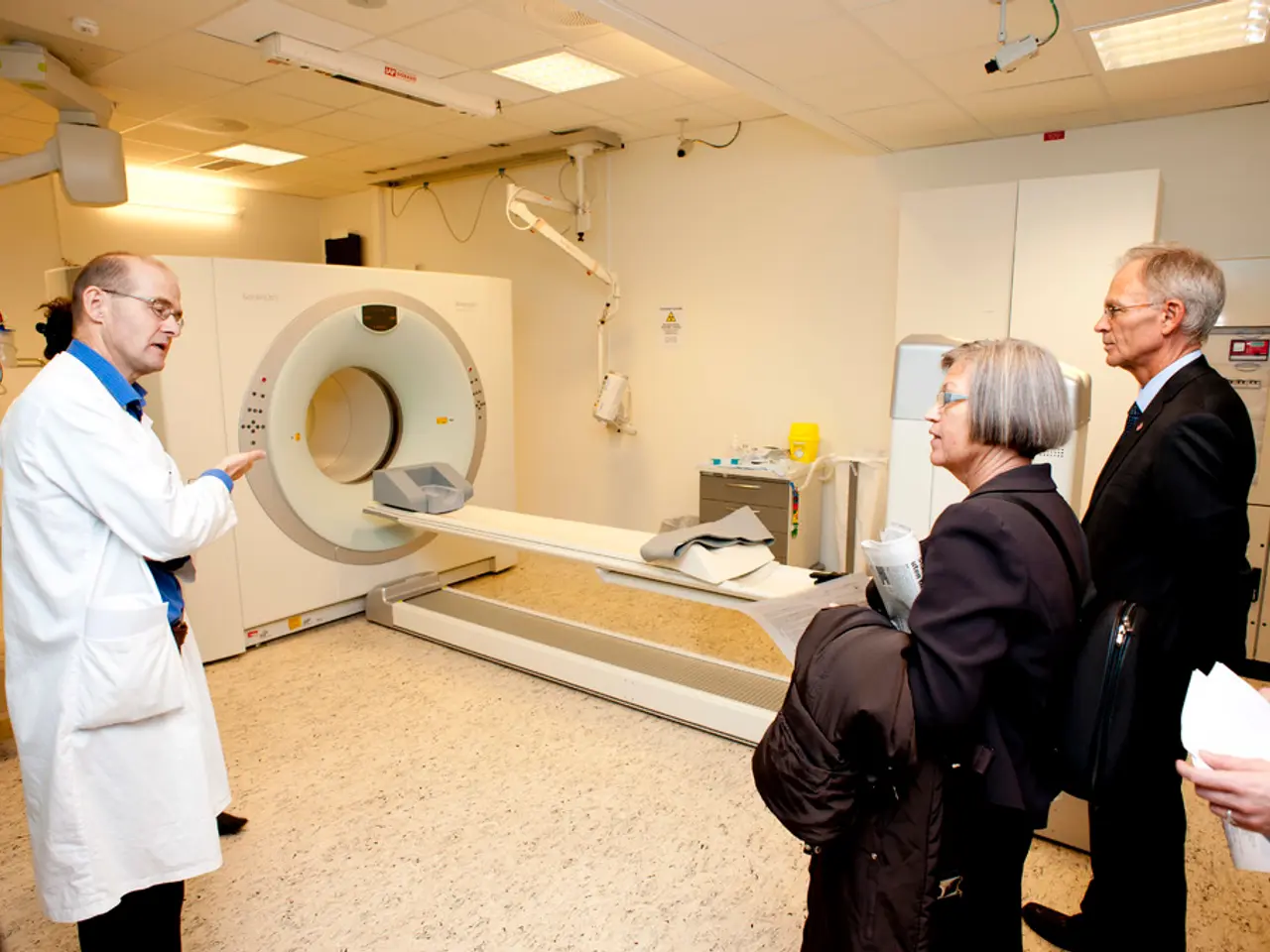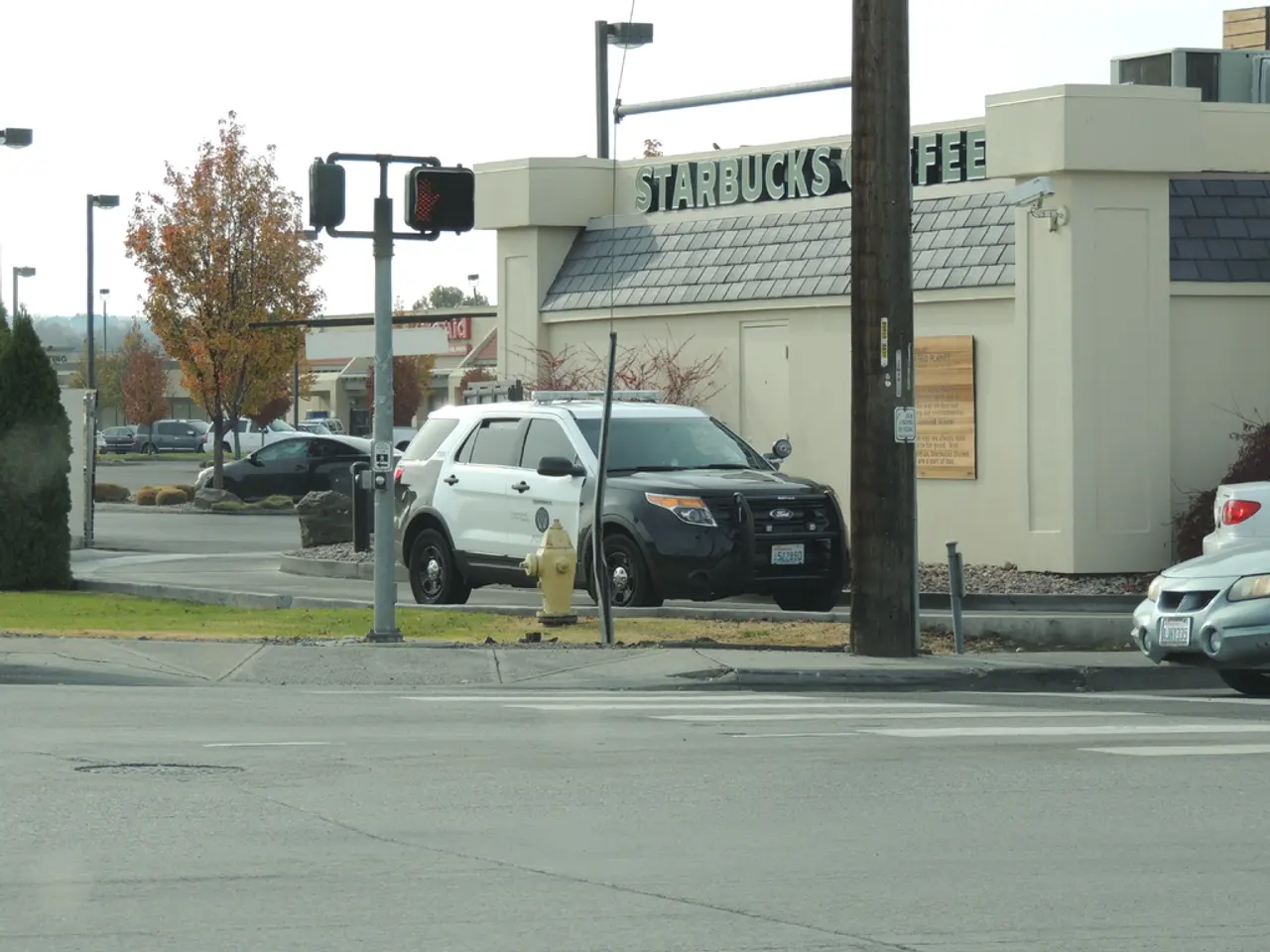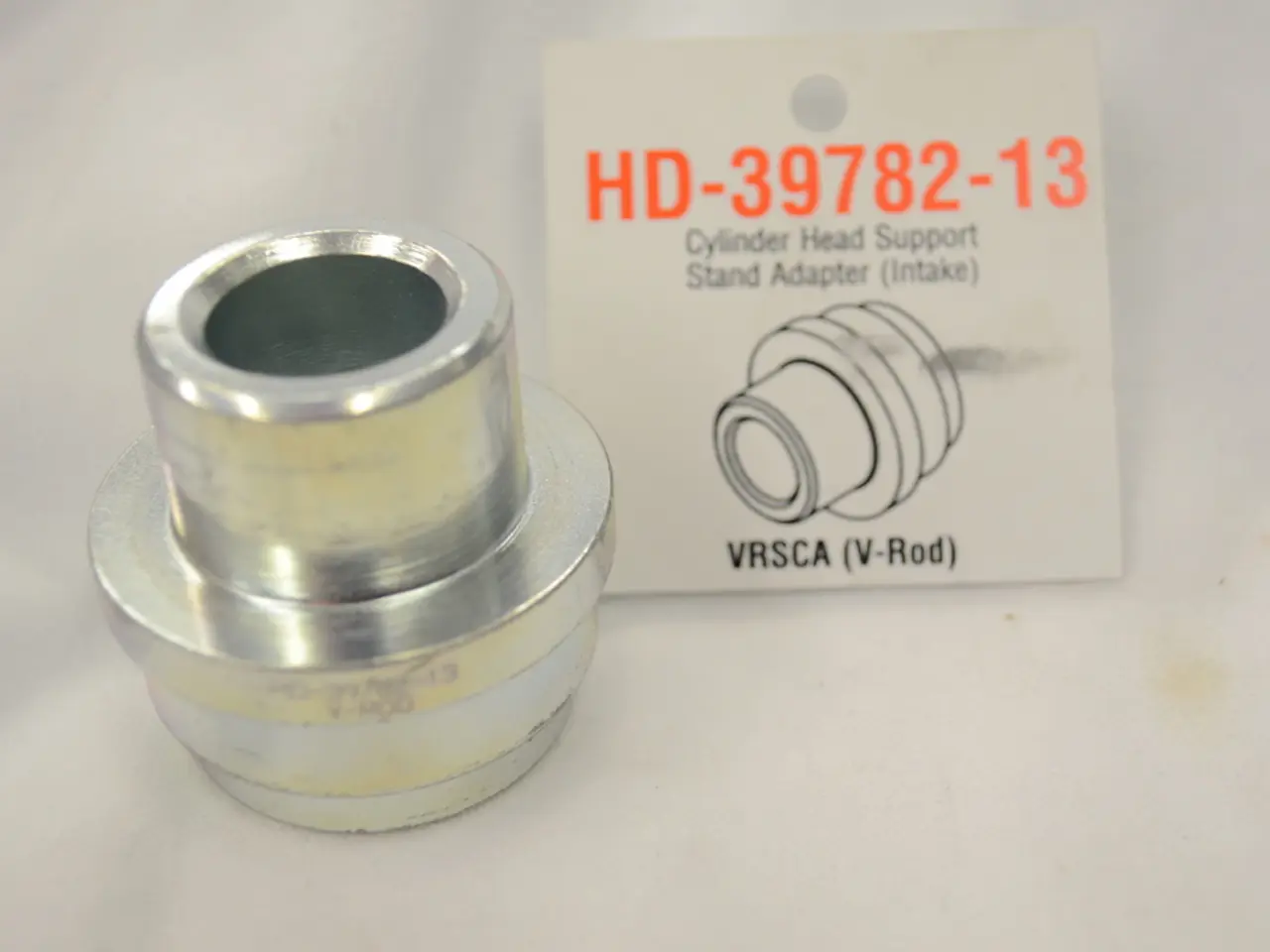AI Deployment by SEPTA, PPA Targeting Bus Lane Violators by Unauthorized Parking
The Philadelphia Parking Authority (PPA) has teamed up with SEPTA to crack down on vehicles illegally parked in bus lanes across the city, suburbs, South Jersey, and Delaware. Illegally parking in these lanes can result in fines of up to $76 in Center City and $51 in neighborhoods outside the area.
Beginning next week, some SEPTA buses in Center City will be outfitted with new cameras that use artificial intelligence to detect vehicles violating the law. Richard Lazer, executive director of the PPA, stated, "If they are idling in a bus lane, there is no stopping. If you are double-parking, you cannot block a bus zone."
PPA posted a video demonstration of the cameras in action on YouTube. The footage includes the license plates of violating vehicles, which are then reviewed by the camera provider, Hayden AI, as well as PPA enforcement officers, before tickets are issued. Scott Sauer, SEPTA's interim general manager, stated that a test of the program saw more than 36,000 parking violations recorded in just over 70 days, although no fines were issued during the trial period.
SEPTA aims to save time and money by reducing congestion caused by illegally parked vehicles. "Currently, the average bus rider spends an additional 31 hours riding due to Center City congestion. We look forward to giving our loyal customers some of that time back," Sauer said. SEPTA loses more than $15 million a year due to the resulting delays in service.
The new AI-powered cameras are part of Philadelphia's Vision Zero agenda, a goal to eliminate traffic deaths in the city by 2030. The city, SEPTA, and the Office of Transportation and Infrastructure Systems are collaborating on the initiative, with the cameras initially being installed on buses and trolleys in Center City along Spring Garden to Bainbridge streets and Delaware Avenue to the Schuylkill River.
New York City, Washington, D.C., and Los Angeles already use camera-based technologies to improve safety and bus performance. The new program will eventually expand to include 152 buses and 38 trolleys.
The Philadelphia Parking Authority, SEPTA, and Philadelphia Office of Transportation, Infrastructure, and Systems are partnering to enforce bus lane parking using AI-powered cameras. The program aims to improve safety, reduce congestion, and ensure reliable public transportation by deterring illegal parking in bus lanes and bus stops. If successful, this initiative may lead to improvements in Philadelphia's traffic and transportation infrastructure.
The partnership between Philadelphia Parking Authority (PPA) and SEPTA introduces artificial intelligence-powered cameras to enforce bus lane parking regulations, which may soon be implemented on 152 buses and 38 trolleys. This technology-driven strategy is expected to boost the performance of public transit systems, potentially saving transportation infrastructure from losing millions of dollars due to delays caused by illegal parking. The joint enforcement initiative reflects Philadelphia's Vision Zero goal, aiming to decrease traffic fatalities and improve overall safety in the city. Additionally, the collaboration could pave the way for broader enhancements in the automotive and transportation industries.




